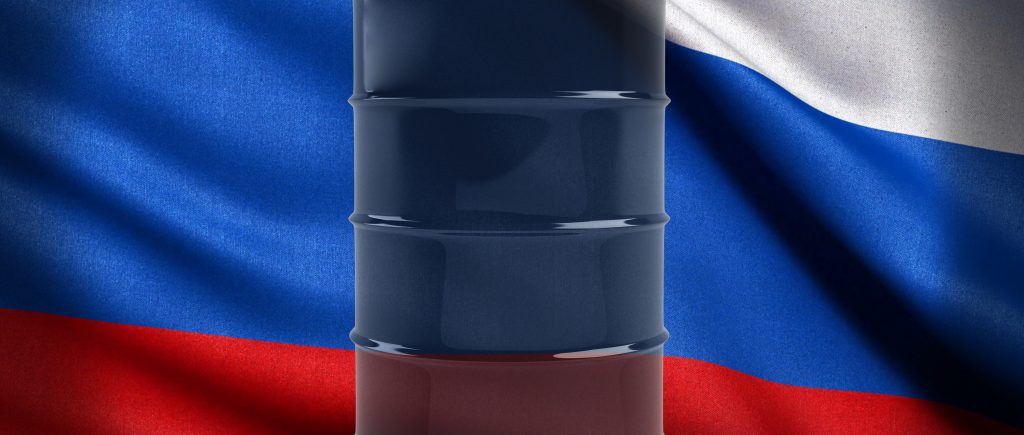EU Commission chief von der Leyen’s plan to travel to see Hungary’s Orban yielded no breakthrough. The president of the European Commission has wanted Hungary to agree to stop importing Russian oil, but eventually failed to reach agreement with Hungary on Monday to secure the country’s backing for an oil embargo on Russia, setting back hopes of a quick deal on Brussels’ energy sanctions proposals.
Von der Leyen’s trip to see Hungarian Prime Minister Viktor Orban came after days of negotiations between Hungary and the commission, the European Union’s executive body, over the help Brussels would provide to reboot Hungary’s energy system so that it no longer needs Russian oil.
The European Union is struggling to approve a sixth round of sanctions against Russia with a few nations pushing back on a proposed oil embargo. The Commission, the executive arm of the EU, presented a six-month phase-out period from Russian oil as part of broader measures looking to hurt President Vladimir Putin’s regime. Hungary and Slovakia, two EU nations with a high dependence on Russian energy, were given until the end of 2023 to abide by the new set of rules. However, this extended period was not enough and both nations are demanding more.
The impasse is preventing the EU from approving the broader package of sanctions. Hungary has been the EU’s most vocal opponent on the oil ban. Prime Minister Viktor Orban, who is well known as a longtime ally of Russian President Vladimir Putin, declared that ending Russian oil purchases would be an “atomic bomb” on Hungary’s economy.
“The proposal on the table now creates a Hungarian problem, and there is no plan to solve it,” he said last week, according to a press statement.
Budapest is also a buyer of Russian natural gas, having increased its imports from Moscow in recent years. Over the last decade, Hungary has increased its imports of Russian natural gas from 9.070 million cubic meters in 2010 to a high of 17.715 million cubic meters in 2019, according to Eurostat.
G-7 announced Sunday its commitment to end dependency on Russian oil and the United States went as far as presenting sanctions against Gazprombank executives and other Russian businesses.
Orban largely supported EU sanctions on Russia for its invasion of Ukraine. Despite Orban forming strong economies ties with Russia over the last decade and often boasting of his close relationship with Putin.
Their close links were seen during the coronavirus pandemic, for example. Hungary became the first EU nation to buy a Russian-made Covid vaccine — even though it wasn’t approved by European regulators.
A second EU official, who also did not want to be named due to sensitive negotiations currently underway, told CNBC that EU ambassadors would be looking to solve the impasse again on Tuesday. One EU official, who did not want to be named due to the sensitive nature of the talks, described Hungary’s “stubbornness” as a “sad thing,” speaking to CNBC Monday.
More broadly, the difficulty in passing through these sanctions raises questions about what would happen if there was a proposed ban on Russian natural gas as well, with the EU being even more reliant on that commodity.
“I can assure you that Europe will move out from Russian oil and Europe will move out from Russia gas. The only thing is it cannot be done overnight,” Alexander Schallenberg, the Austrian minister for foreign affairs, told CNBC Saturday.
He also said the EU is “less divided than the public eye might have the impression” and added that the bloc needs to keep in mind “the Russians are watching us and the Chinese also” when taking foreign policy decisions.

 Noor Trends News, Technical Analysis, Educational Tools and Recommendations
Noor Trends News, Technical Analysis, Educational Tools and Recommendations




